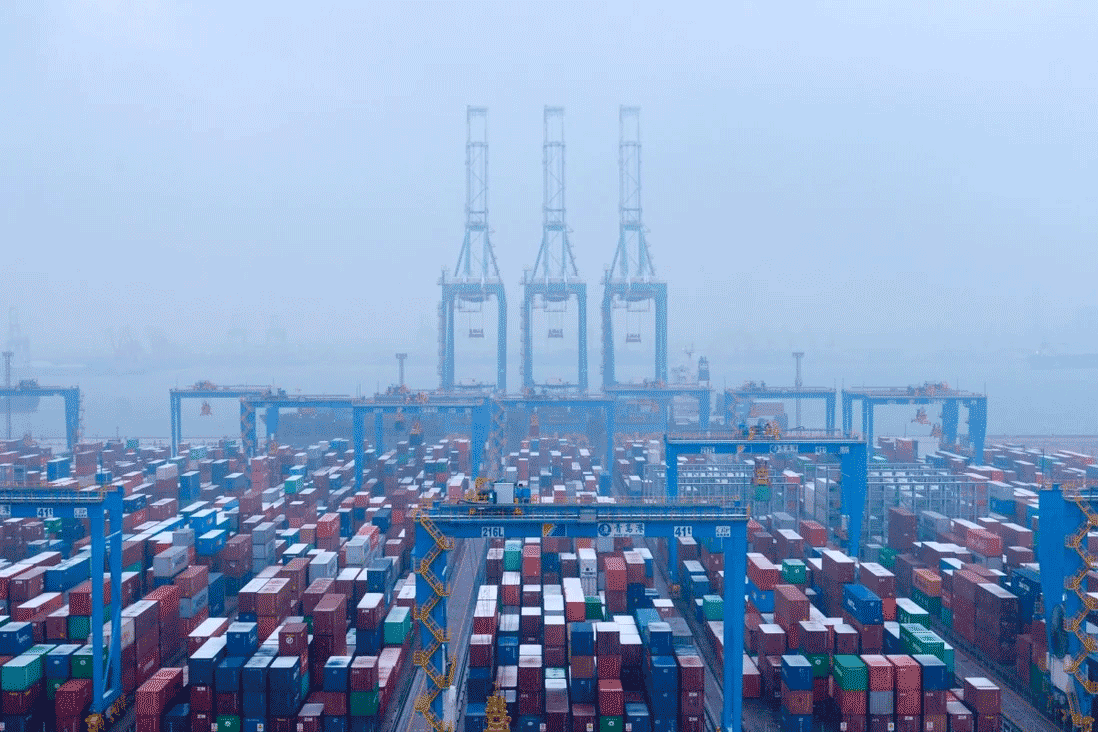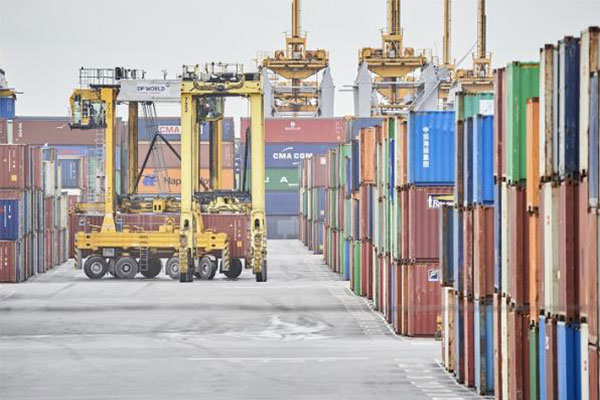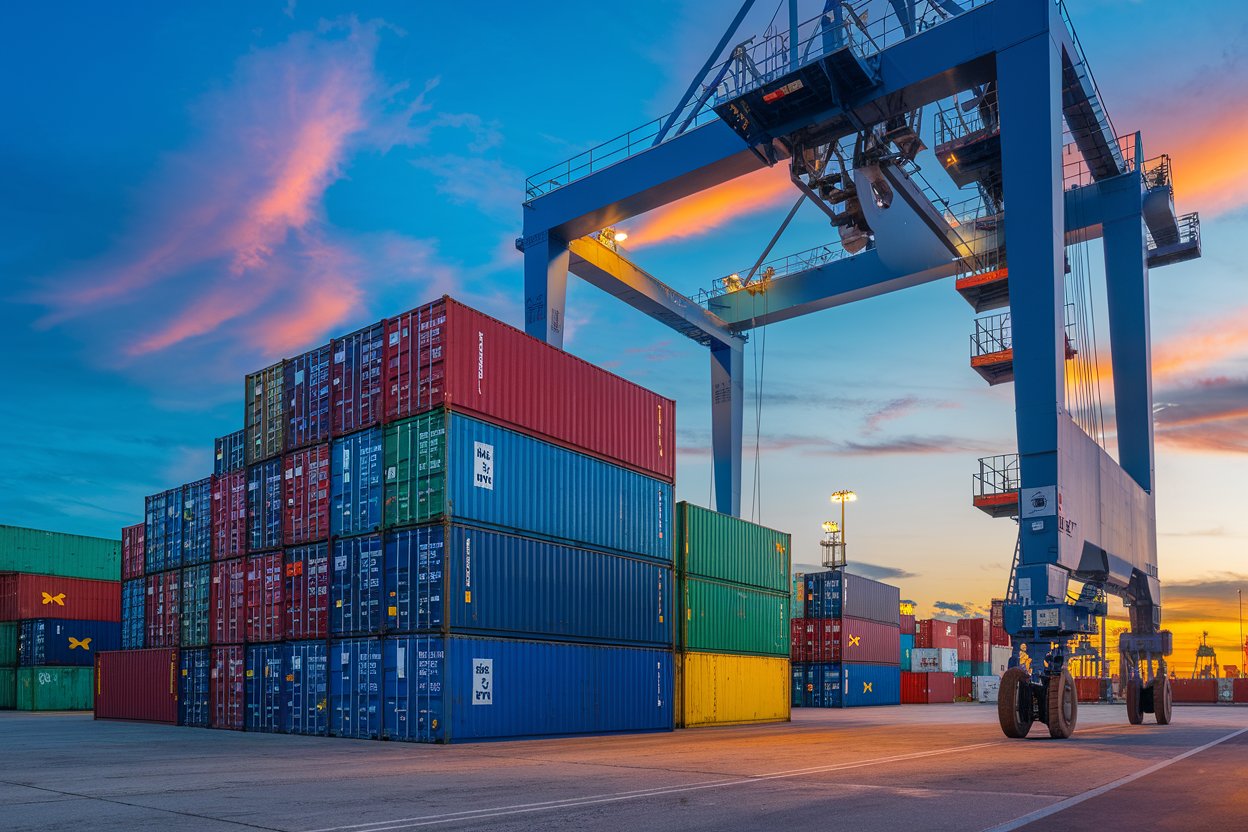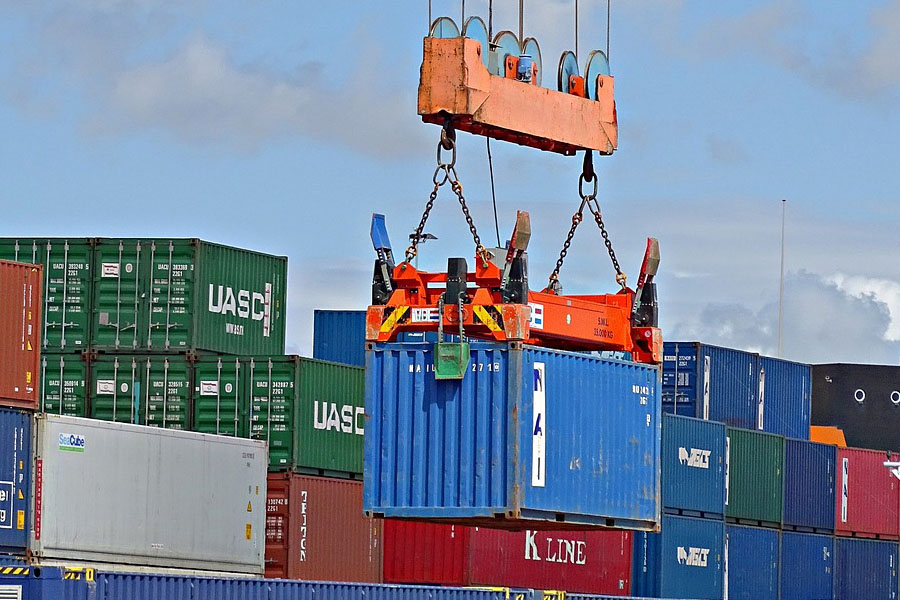- Shanghai Zhongshen International Trade Co., Ltd. - Two decades of trade agency expertise.
- Service Hotline: 139 1787 2118

: A Trade Opportunity Not to Be Ignoredequipment. For example, Indonesia has the SNI certification, Thailand has the TISI certification, and the Philippines has the BPS certification. It is necessary to confirm in advance the equipment voltage (such as 380V/50Hz in Thailand), the compatibility of the CE certification, and the proof of environmentally friendly materials.Typical dilemmas and breakthrough strategies
Customs data from 2025 shows a 12.7% year-on-year increase in abnormal declaration rates for domestic mold processing equipment imports, withLack of electromechanical product access qualifications(31%),Non-standard technical parameter documents(25%),incorrect HS code classification(18%) constituting major customs clearance obstacles. An auto parts manufacturer once misclassified an injection molding machine under tariff code 8456300000 (other molding equipment) instead of the correct code 8477590000 (plastic molding machines), resulting in 470,000 yuan in incorrect tariff payments.
Core value matrix of professional agency services
Top-tier agencies in mold equipment imports should possess four core competencies:
- Electromechanical product access prediction system
- Dynamic tracking of CCC certification catalog
- Pre-shipment inspection standards for used electromechanical equipment
- Implementation standards for special equipment safety supervision regulations
- Standardized technical document review process
- Parameter conversion between EU CE certification and domestic GB standards
- Compatibility verification between Japanese JIS and Chinese national standards
- Compliance review of equipment nameplate information
Practical analysis of key operational aspects
Aspect 1: Dual verification mechanism for pre-qualification
Professional agencies must establishSupplier qualification verification + domestic access condition matchingdual verification mechanisms. For example, importing five-axis machining centers requires confirming whether the equipment involves restricted items in the China Prohibited and Restricted Import Technology Catalog with coordinate positioning accuracy <6μm.
Aspect 2: Three-dimensional tariff optimization model
the ASEAN Single Window (ASW)Application of rules of origin + provisional tariff adaptation + FTA overlayto build tax-saving solutions. One case showed that using RCEP agreement accumulation rules reduced import tariffs on Japanese-made mold grinding machines from 8% to 3.2%.
Typical case analysis of risk prevention
- Case 1:A company importing used German mold die-casting machines incurred 280,000 yuan in demurrage fees due to lacking pre-shipment inspection certificates
- Case 2:Professional agency secured scientific equipment tax exemption for precision mold measuring instruments, saving 620,000 yuan in taxes
Four-dimensional evaluation system for agency service selection
Enterprises should evaluate agency service providers from these dimensions:
- Scale of industry case database(Recommended >200 mold equipment cases)
- Professional composition of customs team(Must include electromechanical product classification specialists)
- Emergency response timeliness(Port exception 2-hour response standard)
- Value-added service ecosystem(Supporting services like testing certification, equipment debugging)
Value Map of the Whole - process Service
Quality agents should provide comprehensive services coveringprocurement consultation → logistics planning → customs clearance execution → after-sales connectionforming an end-to-end service chain. Particularly during equipment installation and commissioning, professional agents can coordinate the timing between customs on-site inspection and equipment debugging, reducing equipment commissioning cycles by approximately 15-20 working days.
Related Recommendations
? 2025. All Rights Reserved. Shanghai ICP No. 2023007705-2  PSB Record: Shanghai No.31011502009912
PSB Record: Shanghai No.31011502009912










